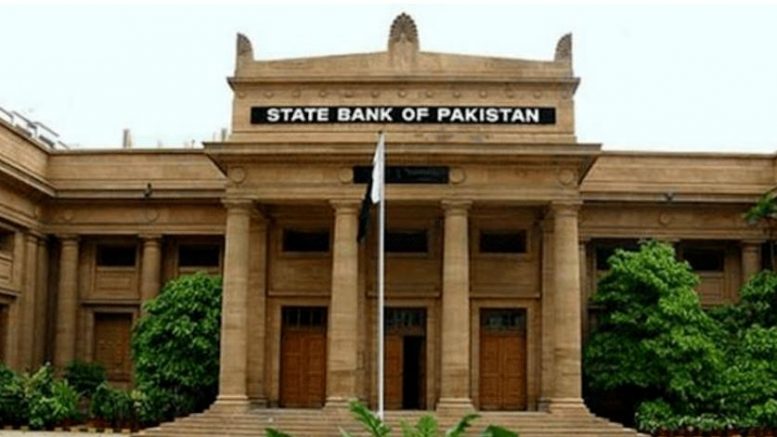Karachi (HRNW) With inflation spiking to highest-ever levels, the State Bank of Pakistan (SBP) Monetary Policy Committee (MPC) on Friday decided to raise the policy rate by 100 basis to an all time-high level of 16%.
In a statement released by the central bank on Friday evening, the the extreme decision reflects the growing inflationary pressures in the country amidst a contracting economy.
The central bank explained that inflationary pressures were stronger and more persistent than expected.
“It is aimed at ensuring that elevated inflation does not become entrenched and that risks to financial stability are contained, thus paving the way for higher growth on a more sustainable basis.”
The monetary policy committee said that since the last meeting it held in the beginning of October, when it maintained the policy rate, it had noted three key domestic developments.
The first was a sharp increase in inflation during October, as the previous month’s administrative cut to electricity prices was unwound.
This period saw a significant acceleration in food prices after a shortage was created due to damage to crops from the recent floods. This necessitated import of food from countries near and far while also contributing to rising core inflation with prices of essential commodities such as tomatoes rising to as high as Rs300.
The second was a sharp decline in imports as the government sought to get a handle on runaway current account deficit during September and October.
Despite this moderation and fresh funding from the Asian Development Bank (ADB), the external account challenges persisted and were visible in the pressure on the rupee in the form of dwindling reserves and an exchange rate that refuses to come down from its current parity of around Rs223.
The third, after incorporating the Post-Disaster Needs Assessment of the floods an latest developments, the FY23 projections for growth were slashed to around 2% and a current account deficit of around 3% of Gross Domestic Product (GDP) shared in the last monetary policy statement were re-affirmed.
However, higher food prices and core inflation are now expected to push average FY23 inflation up to 21-23%.
